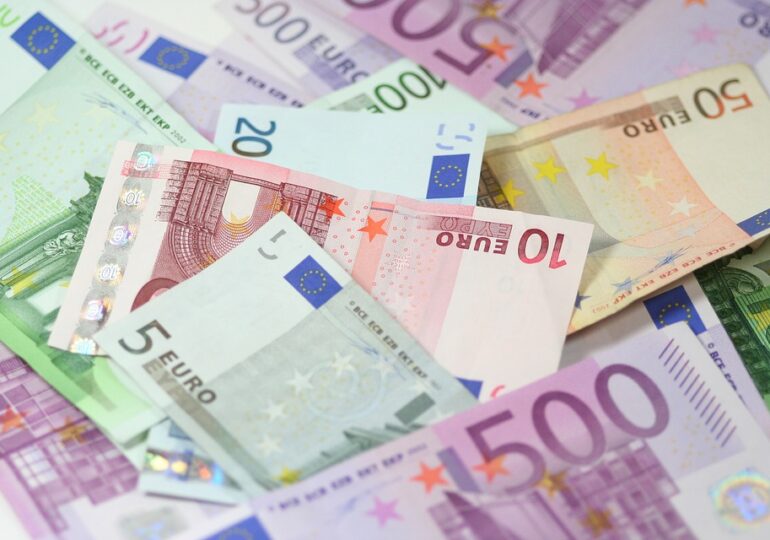The global economy has just begun to leave behind the impact of the Covid-19 pandemic, but by 2025, it is set to face a new set of challenges, such as possible trade tariffs from Donald Trump, which could bring a new dose of inflation, ongoing military conflicts in Ukraine and the Middle East, political tensions in Germany and France, and economic uncertainties in China.
In 2024, the world’s central banks have finally managed to start lowering interest rates after largely winning the battle against inflation without triggering a global recession, Reuters reports.
Stocks have reached record levels in the United States and Europe, with Forbes declaring it a "landmark year for the mega-rich," as 141 new billionaires joined the super-rich list.
However, if this was supposed to be good news, someone forgot to tell the voters. In an extraordinary election year, they punished incumbent politicians from India to South Africa, Europe, and the United States for the economic reality they felt: a ruthless cost-of-living crisis caused by cumulative post-pandemic price increases. For many, it may become even tougher in 2025.
- Trump announces he will raise customs duties for China, Canada, and Mexico
- Canada's largest province threatens the US with cutting off power if Trump imposes import taxes
If a Donald Trump presidency in the US adopts import tariffs that trigger a trade war, it could mean a new dose of inflation, a slowdown in the global economy, or both. Unemployment, currently near historic lows, could rise.
Conflicts in Ukraine and the Middle East, political deadlock in Germany and France, and uncertainties regarding the Chinese economy further blur the picture.
Meanwhile, a growing concern for many countries is the cost of climate damage.
Why It Matters
According to the World Bank, the poorest countries are in the most challenging economic situation in the past two decades, having missed the post-pandemic recovery. The last thing they need are new adverse factors, such as weaker trade or financing conditions.
In wealthier economies, governments must figure out how to counter the belief of many voters that their purchasing power, living standards, and future prospects are declining.
Failing to do so could fuel the rise of extremist parties that are already leading to fragmented and blocked parliaments.
National budgets, already strained after COVID-19, have new top priorities, from combating climate change to developing armies and caring for the elderly population.
Only healthy economies can generate the necessary revenue for this. If governments decide to do what they have been doing for years - simply accumulating more debt, then sooner or later, they risk being caught in a financial crisis.
What It Means for 2025
As stated by the President of the European Central Bank, Christine Lagarde, in her press conference after the ECB's latest meeting this year, there will be "abundant" uncertainty in 2025.
It is still unknown whether Trump will implement tariffs of 10-20% on all imports and 60% on Chinese goods, or if those threats were just the opening of negotiations. If he proceeds with these tariffs, the impact will depend on which sectors bear the brunt and who will retaliate.
China, the world's second-largest economy, faces increasing pressure to undergo a profound transition as its growth momentum of recent years wanes.
Economists say they must end their excessive reliance on production and put more money in the pockets of low-income citizens.
Will Europe, whose economy has fallen further behind the US since the pandemic, address any of the fundamental causes of this phenomenon, from lack of investment to skills deficits?
First and foremost, Europe must resolve the political deadlocks in the two largest economies in the eurozone, Germany and France. For many other economies, the prospect of a stronger dollar - if Trump's policies create inflation and thus slow down the Federal Reserve's interest rate cuts - is bad news. This would reduce their investments and make their dollar debt more expensive.
Additionally, the largely unknown impact of conflicts in Ukraine and the Middle East could also influence the cost of energy that powers the global economy.
Currently, policymakers and financial markets are banking on the global economy overcoming all these challenges and central banks completing the return to normal interest rate levels.
However, as highlighted by the International Monetary Fund in its latest World Economic Outlook: "Get ready for uncertain times."

